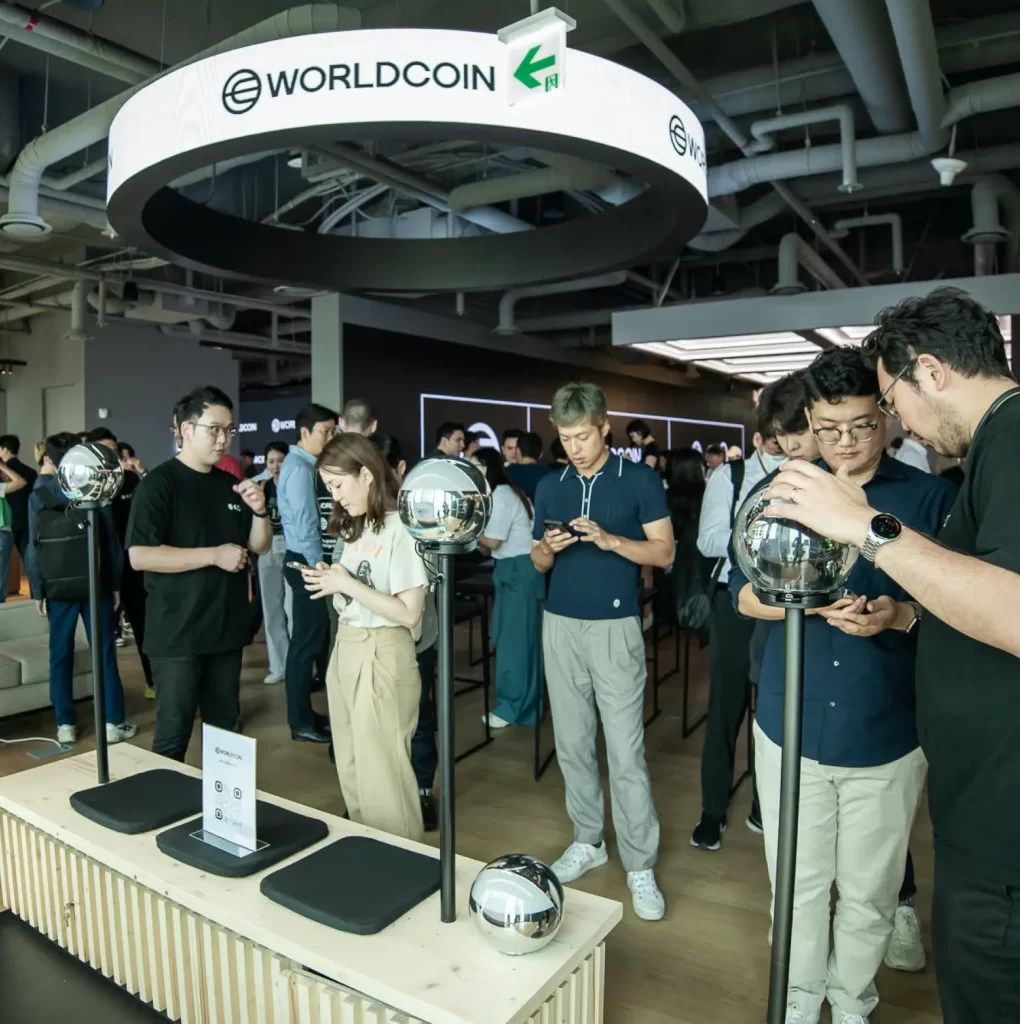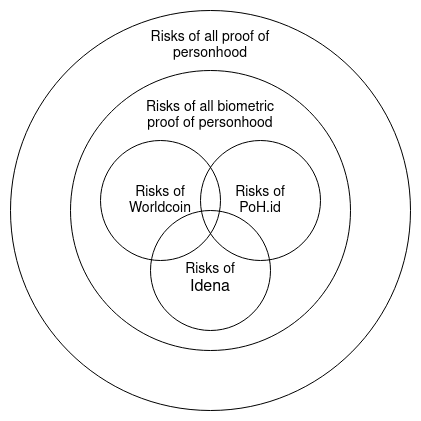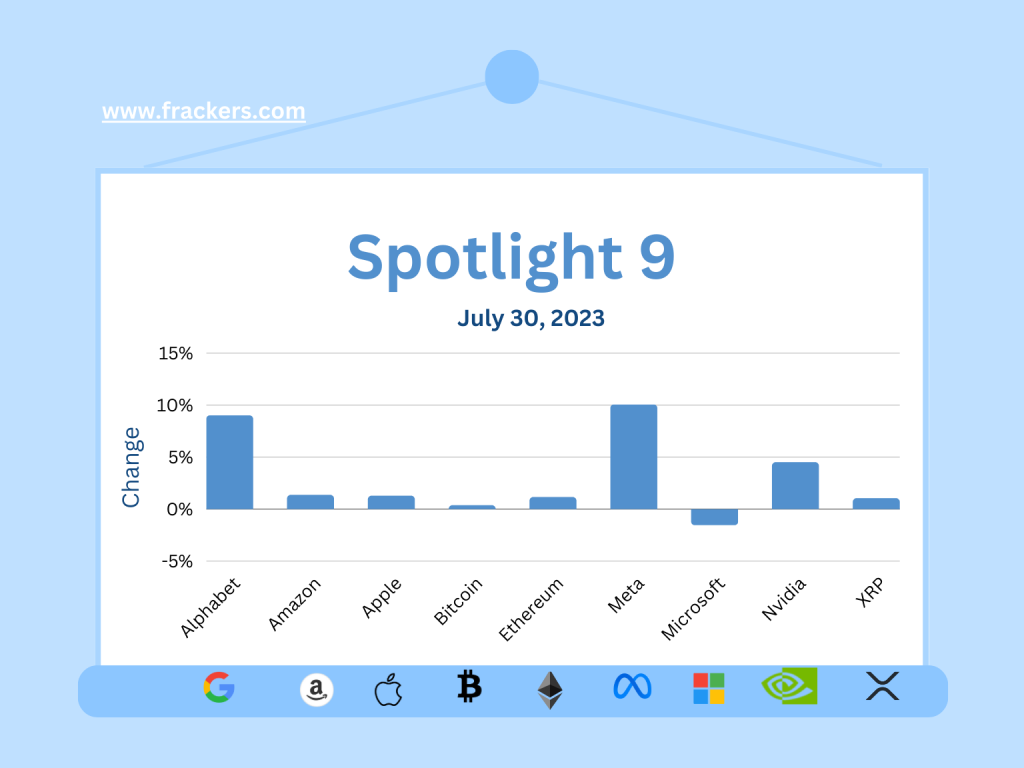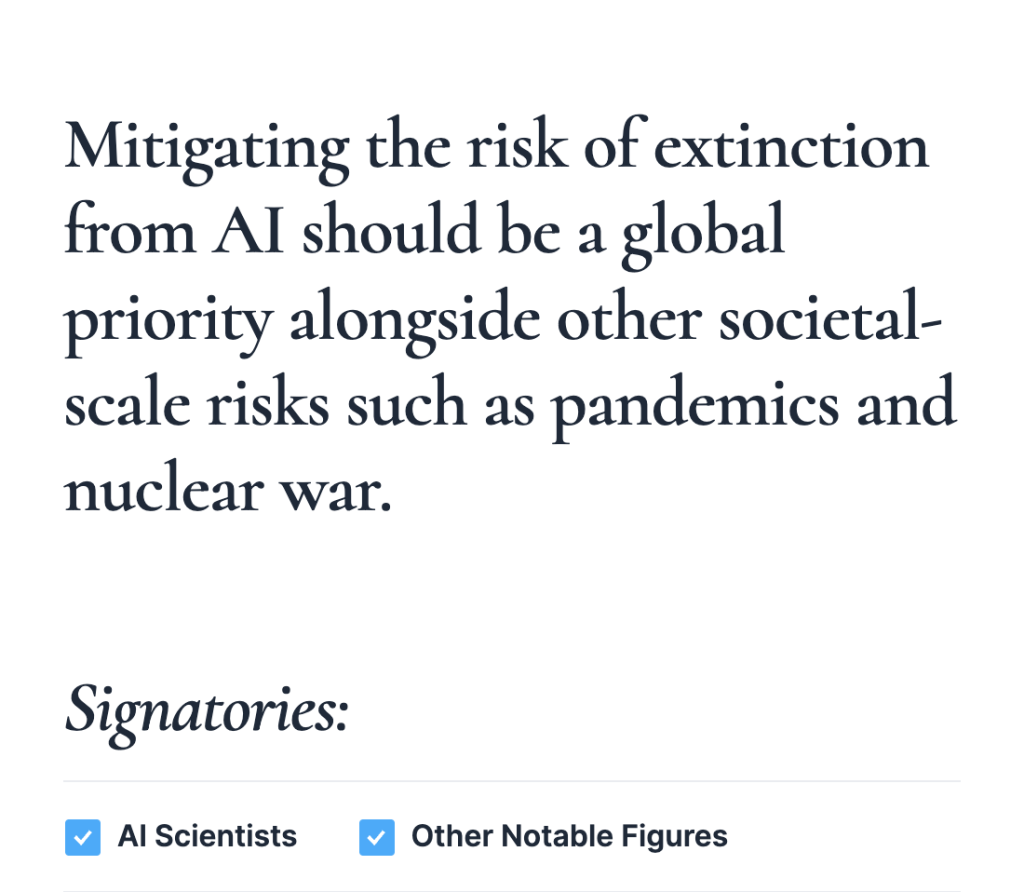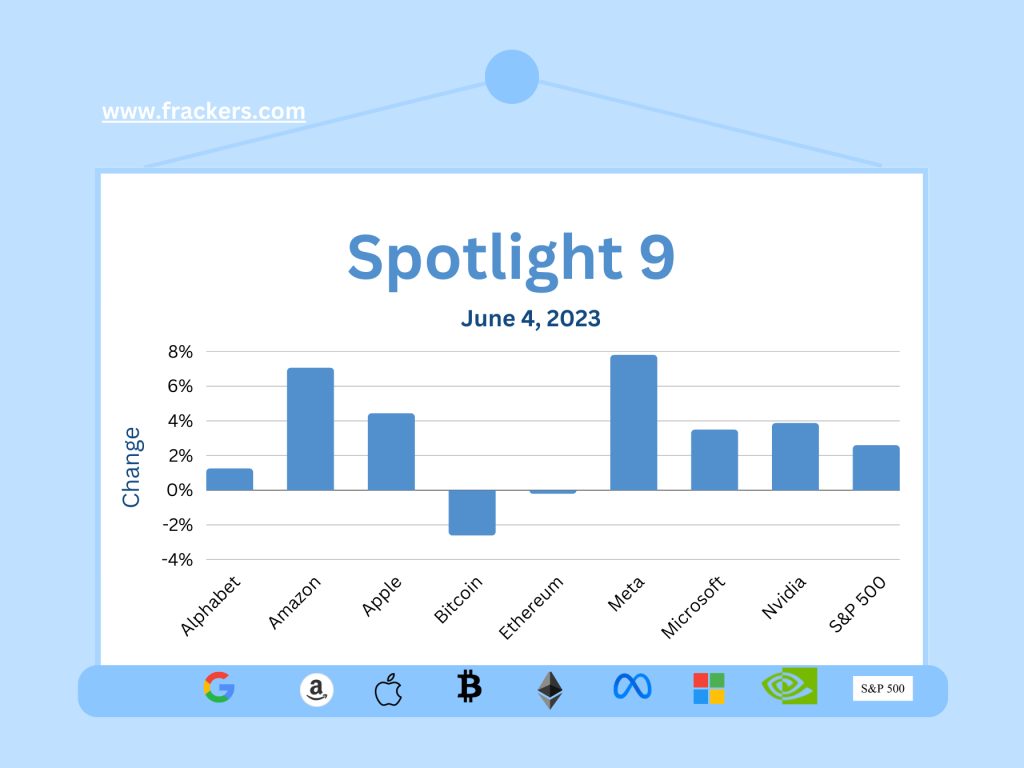Er zijn op dit moment drie grote trends in technologie die zowel worden gedreven door technologische, als door sociologische en politieke stromingen: AI, crypto en carbon removal (koolstofverwijdering). Deze baanbrekende ontwikkelingen worden zoals elke grote innovatie met scepsis ontvangen, een patroon dat al decennia zichtbaar is.
PC: “te duur en nutteloos”
In de jaren tachtig, toen de personal computer opkwam, werden pc’s vooral gezien als te duur voor een apparaat zonder veel relevante toepassingen. Dat veranderde snel dankzij prijsdalingen en standaardisatie van software, nadat MS-DOS dankzij een uitgenast licentiemodel van Microsoft uitgroeide tot wereldstandaard. De tekstverwerker en het spreadsheet maakten de PC snel onmisbaar op kantoor.
Internet: “te moeilijk en gevaarlijk”
In de jaren negentig herhaalde dit patroon zich met internet. De pc werd gezien als een werkinstrument, niet als een potentieel massamedium. Bill Gates verklaarde zelfs dat internet gebukt ging onder gebrek aan standaarden, het was onveilig en veel te ingewikkeld, reden waarom hij in zijn boek The Road Ahead het woord internet nog geen tien keer gebruikte.
Bill repte liever over de information super highway, die hij zelf wel effe ging aanleggen met het gesloten MSN, waar we verder nooit meer iets over hebben gehoord. Toch maakten email, de web-browser en toepassingen zoals eBay, Amazon en Google internet binnen een paar jaar toegankelijk voor consumenten.
In Nederland duurde het tot eind 1996 voordat het NOS Journaal begreep dat internet een serieus massamedium ging worden, al werd de penetratie van de computer door Joop van Zijl nog wel vergeleken met die van de magnetron.
Smartphones: “alleen voor vertegenwoordigers”
Toen de iPhone in 2007 op de markt kwam heerste de Blackberry in de zakelijke markt. Hoewel het grootste deel van de bevolking in ontwikkelde landen al een mobiele telefoon had, vaak een Nokia, was de kritiek op de iPhone niet mals. “Te duur, alleen handig voor vertegenwoordigers”, zo oordeelde een vriend uit notabene de IT-wereld. Overigens dezelfde knakker die tien jaar eerder over de mobiele telefoon oordeelde als ‘alleen handig voor drugsdealers‘, een veel gehoord sentiment.
Microsoft-CEO Steve Ballmer lachte de iPhone weg in een video waarin hij, zoals hem was aangeleerd door PR-mensen, snel overstapte op het promoten van het eigen Windows Mobile waar we verder ook nooit meer iets over hebben gehoord. Het maakt de prestatie van CEO Satya Nadella om Microsoft na Ballmer compleet nieuw leven in te blazen des te knapper, maar daarover een andere keer.
AI, crypto en koolstofverwijdering aan de beurt
Op dit moment zien we exact dezelfde patronen als voorheen, maar nu over AI, crypto en koolstofverwijdering:
- AI wordt vaak afgedaan als nuttig voor werk, maar zonder nuttige toepassingen voor consumenten.
- Crypto wordt bekritiseerd met opmerkingen als: “Noem een toepassing.” Intussen ligt de eerste toepassing in iets elementairs als het herontwerpen van het bancaire systeem, waarbij elke gebruiker zijn eigen rekening beheert en banken overbodig maakt. Blijkbaar wordt de significantie hiervan door velen gemist. Tip: ga nooit in discussie met mensen die te lui waren om het Bitcoin whitepaper te lezen, maar wel een mening hebben.
- Koolfstofverwijdering wordt vaak getypeerd als fraude, waarbij wordt verwezen naar bekende voorbeelden zoals inefficiënte kookovens, zonder de complexiteit en potentie te kennen of te begrijpen van projecten die wel daadwerkelijk koolstof verwijderen uit de atmosfeer, zoals ocean fertilization. Dit soort verwijdering van koolstof uit de atmosfeer is de grootste opgave die de wereld te wachten staat in de komende decennia. Tip: ga nooit in discussie over klimaatverandering met mensen die te lui waren om de samenvatting te lezen van recente IPCC-rapporten.
Toegegeven: ik heb een persoonlijke fascinatie voor de wijze waarop innovaties doorbreken of mislukken. Daarom heette zowel mijn afstudeerscriptie in 1993 als mijn boek uit 2001 allebei “Op zoek naar de Heilige Graal,” hoewel een of andere mafkees de omslag heeft gefotoshopt van mijn boek dat overigens nog steeds in grote aantallen te koop is. En niet vanwege het grote succes.
Ik leerde meer van Megamistakes dan van Megatrends. Iedereen kent de adoptiecurve van Rodgers, maar het blijft mysterieus waarom de ene innovatie wel aanslaat en de andere genadeloos flopt. Voor koolstofverwijdering, crypto en AI zijn er verschillende belangrijke succesfactoren, waarvan ik er een aantal wil belichten.
CO2-succes was niet tijdens COP29
Voor de doorbraak van koolstofverwijdering is politieke bereidheid een vereiste. Alle media waren gericht op de klimaattop COP29 in Bakoe, maar intussen werden er in Brussel en Washington successen geboekt in de strijd tegen klimaatverandering.
In Brussel keurde de Europese Raad de oprichting goed van het eerste EU-brede certificeringskader voor permanente koolstofverwijdering, koolstoflandbouw en koolstofopslag in producten. Dit vrijwillige kader is bedoeld om een certificeringssysteem te creëren waarmee koolstofverwijdering kan worden gekwantificeerd, gemonitord en geverifieerd en om greenwashing tegen te gaan; koolfstofhuichelen. De goedkeuring van de nieuwe regels door de EU markeert de laatste grote wetgevende stap om groen licht te geven voor de oprichting van het nieuwe certificeringskader voor koolstofverwijdering.
Dan nu in het Nederlands: er worden standaarden ingevoerd waardoor bedrijven en burgers daadwerkelijk hun koolstof-uitstoot kunnen compenseren en dan niet door flutbossen te planten of te behouden, maar door CO2-uitstoot meetbaar tegen te gaan of nog beter, CO2 uit de atmosfeer te verwijderen.
Democraten en Republikeinen samen voor koolstofverwijdering
In de Verenigde Staten werd een wetsvoorstel ingediend door senatoren Lisa Murkowski (Republikeins, Alaska) en Michael Bennet (Democraat, Colorado) met als doel subsidies voor koolstofverwijdering uit te breiden voor een breed scala aan technologieën die bedoeld zijn om koolstofdioxide permanent uit de lucht en zeeën te verwijderen.
De wet zal waarschijnlijk nog niet worden aangenomen door het huidige congres wegens tijdsgebrek, maar de introductie ervan wijst erop dat subsidies voor koolstofverwijdering ook onder president Trump zullen worden uitgebreid. Het feit dat de wet werd ingediend door senatoren uit beide partijen, een zeldzaamheid tegenwoordig, stemt hoopvol.
AMC’s voor CO2
Let komende jaren op de term Advanced Market Commitment (AMC), hier toegelicht door de Economist: ongeacht hoe de politieke wind waait, is de druk uit de samenleving op decarbonisering zo groot dat slimmere bedrijven zelfstandig proberen om hun eigen koolstofafdruk te verwijderen of minimaal te compenseren, door het financieren van technieken die koolstof verwijderen voor lange termijn; liefst voor altijd. Salesforce, Google, Meta en Microsoft zijn slechts de eersten uit een lange lijst bedrijven die AMCs zullen financieren.
Een ander voorbeeld: vorige week werd bekend dat Planetary Technologies 138 ton CO2 heeft verwijderd via ‘Ocean Alkalanity Enhancement (OAE)’, waarbij door het toevoegen van mineralen of stoffen de alkaliniteit, de capaciteit van de oceaan om CO2e te absorberen, wordt verhoogd met als doel CO₂ vast te leggen en klimaatverandering tegen te gaan. Kopers van de bijbehorende carbon removal credits waren Shopify (96 ton) en Stripe (42 ton) op basis van een ‘vooraankoopovereenkomst‘. Bij Scrabble leg je hem niet snel, maar het bestaat echt en zal veel worden gebruikt.
Old school tech vergeleken met AI en crypto
Beurswaarderingen zijn een weerspiegeling van marktverwachtingen en het enthousiasme rond AI en crypto toont aan dat investeerders vertrouwen hebben in hun potentieel op langere termijn. Ik heb vier virtuele ‘mandjes’ aangemaakt waarover ik vaker heb bericht:
- ‘MANAAM’: de old school techbedrijven
- Spotlight 9: de negen m.i. toonaangevende tech-beleggingen
- AI Spotlight 9: negen bedrijven die profiteren van AI
- Crypto Spotlight 9: de grootste negen crypto’s gemeten in marktwaarde
Old school tech MANAAM: +36%
In de bredere techsector blijven gevestigde spelers domineren. Ooit waren beleggers fan van de term FANG (voor Facebook, Apple, Netflix en Google, alsof Microsoft niets voorstelde), maar laten we het groepje ‘MANAAM’ nemen, bestaande uit Meta (voorheen Facebook), Apple, Microsoft, Amazon, Alphabet (voorheen Google) en Netflix. De gemiddelde stijging van de aandelen van dit inmiddels klassieke clubje bedraagt dit jaar liefst 35.9%. Dat is vanuit beleggingsperspectief fenomenaal, tot je bedenkt dat de S&P 500 dit jaar ook al 27.19% in de plus staat.
Spotlight 9: +63%
Microsoft (14%), Alphabet (22.28%) en Apple (27.84%) doen het niet eens beter dan de index. Terwijl beleggers tech-aandelen kopen voor de hogere koersstijgingen, als compensatie voor het hogere risico.

Wie echter de Spotlight 9 had gekocht, die bestaat uit de belangrijkste techbedrijven en de twee grootste crypto’s Bitcoin (+119%) en Ethereum (+57%), zou de beleggingsportefeuille dit jaar al 63.37% hebben zien stijgen. Vergeleken met de MANAAM ontbreekt Netflix in de Spotlight 9, terwijl Nvidia (+187%) uiteraard is toegevoegd als ’s werelds meest waardevolle technologiebedrijf.
AI Spotlight 9: +76%
De waardering van AI-gedreven bedrijven zoals Nvidia, die een sleutelrol spelen in de ontwikkeling van AI-infrastructuur, heeft recordhoogtes bereikt. Dit laat zien dat de markt de snelheid erkent waarmee deze door AI opgestuwde bedrijven hun resultaten zien stijgen.

Omdat Nvidia al is opgenomen in de Spotlight 9 heb ik de marktleider buiten beschouwing gelaten in mijn eveneens compleet arbitraire ‘AI Spotlight 9’, bestaande uit negen bedrijven waarvan ik het vermoeden heb dat ze door AI sneller zullen kunnen groeien dan de toonaangevende grote techbedrijven (de MANAAM-groep) en wellicht zelfs sneller dan de Spotlight 9.
Met een groei van 76.11% is dat dit jaar zeker het geval, waarbij het helemaal opvallend is dat deze stijging tot stand komt ondanks Super Micro (dat de accountant het hazenpad zag kiezen), AMD (-1%) en Gigabyte, hardware-partijen die de groei van de rest niet bijbeenden. Softwarebedrijf Palantir (+305%), waarover ik begin november schreef, maakt het verschil meer dan goed.
Crypto Spotlight 9: +191%
Sinds de goedkeuring eerder dit jaar van Bitcoin ETFs, stroomden al tientallen miljarden vanuit de traditionele beleggingswereld richting crypto. Het wachten was op het moment dat de ‘alt rotation‘ zou beginnen, het moment waarop er meer geld naar andere cryptovaluta vloeit dan naar Bitcoin, wat geldt als het onofficiële startschot van ‘altcoin season.‘ Dat moment vond gisteren plaats, toen de Ethereum Spot ETF netto instroom, die naar Bitcoin oversteeg.

De echte durfal stapt daarom nu groot in de meest malle muntjes die vaak geen enkele onderliggende waarde bevatten, maar dat is even risicovol als in een casino alles op rood of zwart zetten. Een minder risicovolle strategie, voorzover dat mogelijk is in crypto, is om te spreiden in de grootste cryptovaluta en te profiteren van het algehele sentiment.
De ‘Crypto Spotlight 9’ bestaat uit de grootste cryptovaluta gemeten naar marktwaarde, waarbij stable coins, memecoins (crypto-gebbetjes) en tokens die gekoppeld zijn aan cryptobeurzen zoals BNB, buiten beschouwing worden gelaten.
Dat groepje, alfabetisch gerangschikt als Avalanche, Bitcoin, Cardano, Ethereum, Solana, Stellar, Toncoin, TRON en XRP, behaalde dit jaar tot nu toe een stijging van 191%. Is dit dan een koopadvies? Absoluut niet.
Wat ik wel iedereen aanraad die actief is op het gebied van technologie en innovatie, is om zich te verdiepen in AI, koolstofverwijderings-technologie, blockchain en cryptovaluta. Net zoals in de jaren tachtig met de pc, internet in de jaren negentig en de smartphone vijftien jaar geleden, zijn dit ontwikkelingen die wereldwijd onstuitbaar zijn.
Een praktische manier om op de hoogte te blijven is om dan een beetje te investeren in die sectoren, waarbij ik aanraad om dit alleen te doen met geld dat je niet nodig hebt voor de huur, hypotheek of andere dagelijkse beslommeringen. Ook binnen technologie en crypto loont het zeker om goed te kijken naar wat de beoogde beleggingen daadwerkelijk behelsen; wat doet Palantir eigenlijk, wordt Ethereum bedreigd door Solana en SUI; en is het niet grappig om toch een klein gokje op memecoins te wagen?
Wie er wat geld instopt, gaat zich vanzelf informeren. Het alternatief is een wekelijkse nieuwsbrief schrijven over tech en innovaties, maar dat vereist ook een enorm ego.
Hartelijke groet, dank voor de belangstelling en tot volgende week!




